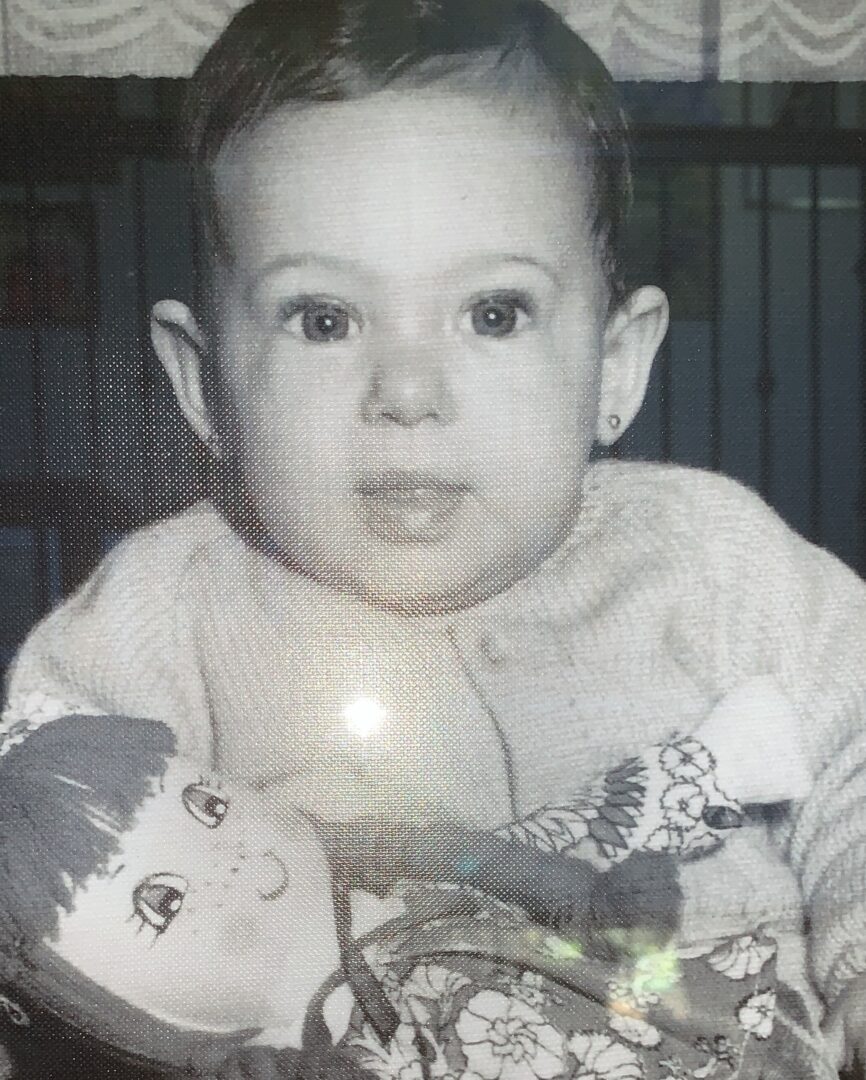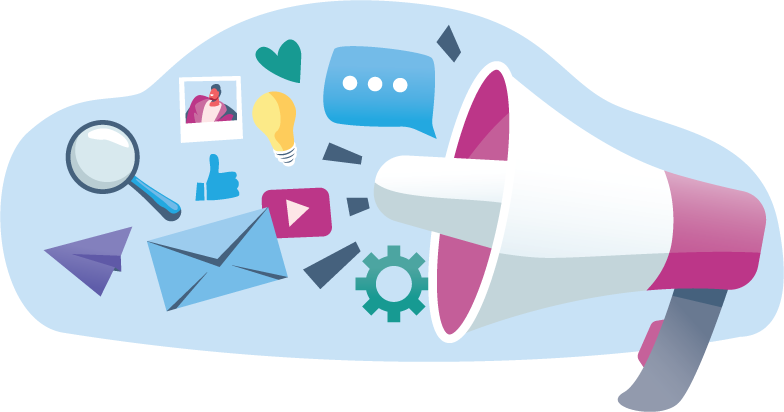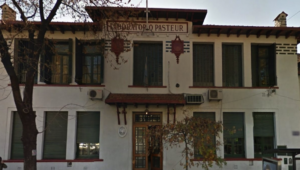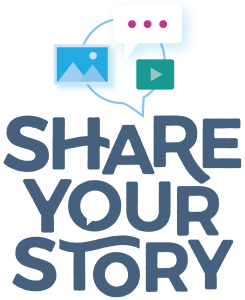Maria
A Pediatrician's Story
Place of Residence: Boerne, Texas
Maria is a pediatrician whose path to medicine was shaped early in life after a dog bite led her to receive the rabies vaccine. Her firsthand experience with the life-saving power of vaccines fueled a deep appreciation for their impact, inspiring her to dedicate her career to the health and well-being of children. Today, Maria is passionate about advocating for community immunity through vaccination.
Maria shares her unique perspective as a patient, pediatrician, and mother.

 Why do you think vaccination is important?
Why do you think vaccination is important?
My very first memory of vaccination takes me back to 1972 in Argentina, where I was treated at a research center called the “Institute Pasteur.” The institute, named after the medical pioneer Louis Pasteur who developed vaccines for rabies and anthrax, became the backdrop for my first experience with the profound impact of vaccines.
I was brought to the Institute following a traumatic event where I was bitten on the face by a street dog. There I received seven rabies shots to prevent the onset of this very serious disease. Those shots probably saved my life, and they definitively marked my path to help children as a pediatrician.
How has your career in pediatrics been influenced by vaccines?
I have been a children’s doctor for more than two decades. Early in my career, I had to assist patients with severe infections like whooping cough, tetanus, measles, and chickenpox, or secondary infections like rotavirus, pneumococcus, meningococcus, or Haemophilus influenzae. Unfortunately, some of my dear patients died from infections that now are easily prevented through vaccination.
"I’m a mother of two teenage boys, and they are fully vaccinated. Vaccines give them the opportunity to live healthy lives, protecting them from the risk of severe diseases."
What’s one thing you think everyone should understand about vaccines?
For vaccines to be truly effective, everyone needs to participate. This is called community immunity, where each person’s vaccination helps protect the health of the entire community. Therefore, getting vaccinated is both a personal choice and a community responsibility.
What advice would you give to someone who didn’t want to vaccinate themselves or their family?
Education is power. I encourage you to have an open conversation with your healthcare provider about any concerns you may have regarding vaccines. I also recommend seeking information from trusted resources like Immunize.org, CDC.gov, Healthychildren.org, or VaccinateYourFamily.org.

"Many haven’t experienced a world "without vaccines"—a world where we lived in constant fear of serious, sometimes fatal, infections like tetanus or rabies."
What has been your experience with vaccine hesitancy, and how do you address it with the families of your patients?
As a pediatrician, I’ve seen increasing vaccine hesitancy over the past few years, and I understand that most of these families have genuine concerns. They don’t want to harm their children. The truth is, many haven’t experienced a world “without vaccines”—a world where we lived in constant fear of serious, sometimes fatal, infections like tetanus or rabies. Fortunately, thanks to vaccines, we are no longer faced with that constant threat.
I always listen to my patients with compassion and patience, offering them the best source of information to review. Trust is key, so I share my personal story about vaccines. More often than not, families leave feeling confident and relieved, ready to say “yes” to vaccination.
Why do you think it’s important to share your story?
Our community needs to learn more about the importance of community immunity, and storytelling is a fantastic way to open the door to education. That is why I share my personal experiences with vaccines, as a patient, doctor, and parent, so that I can contribute to this crucial discussion.
BECOME A VACCINE ADVOCATE
There are lots of ways you can make a difference in your community.

 Why do you think vaccination is important?
Why do you think vaccination is important?